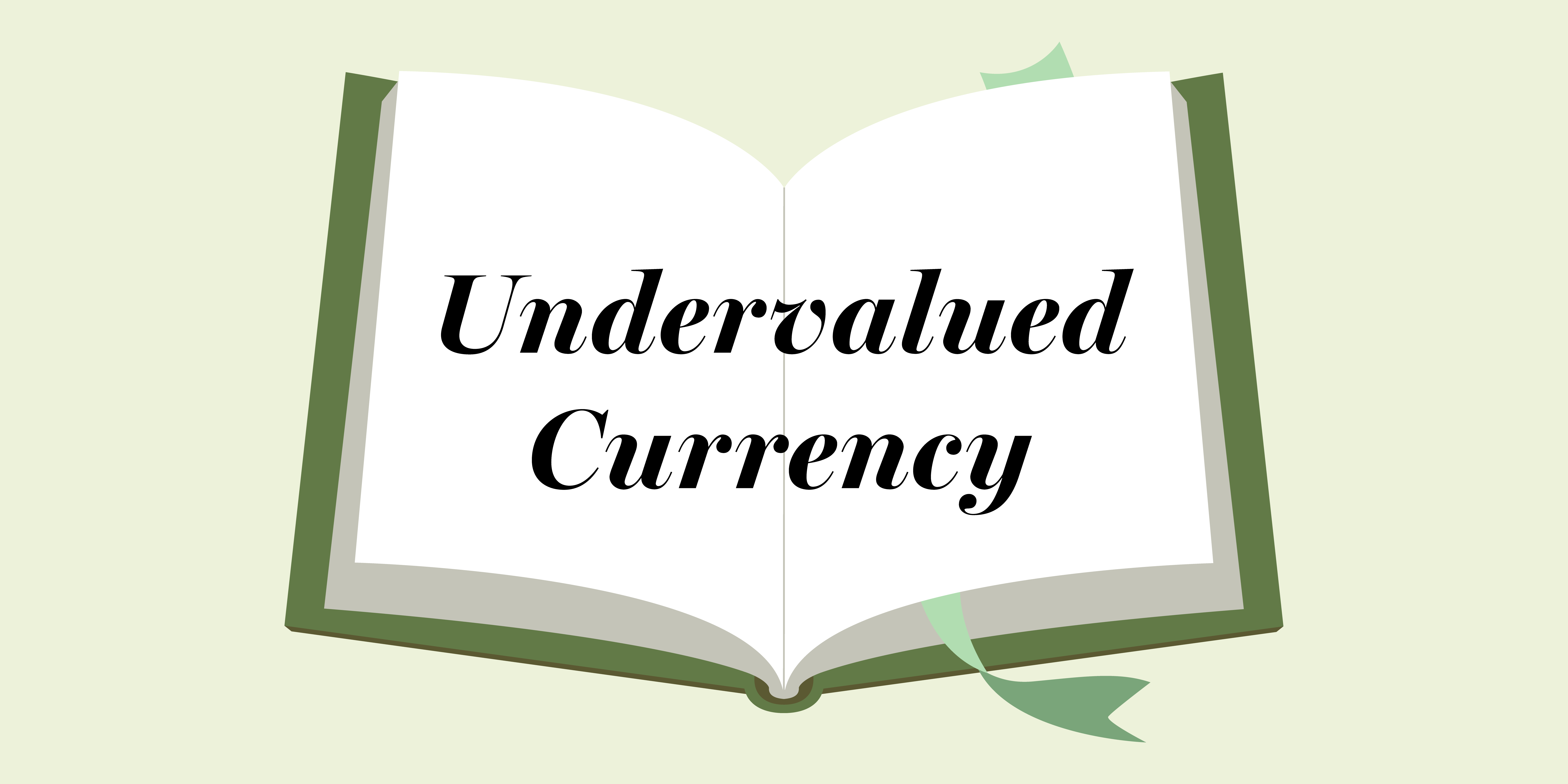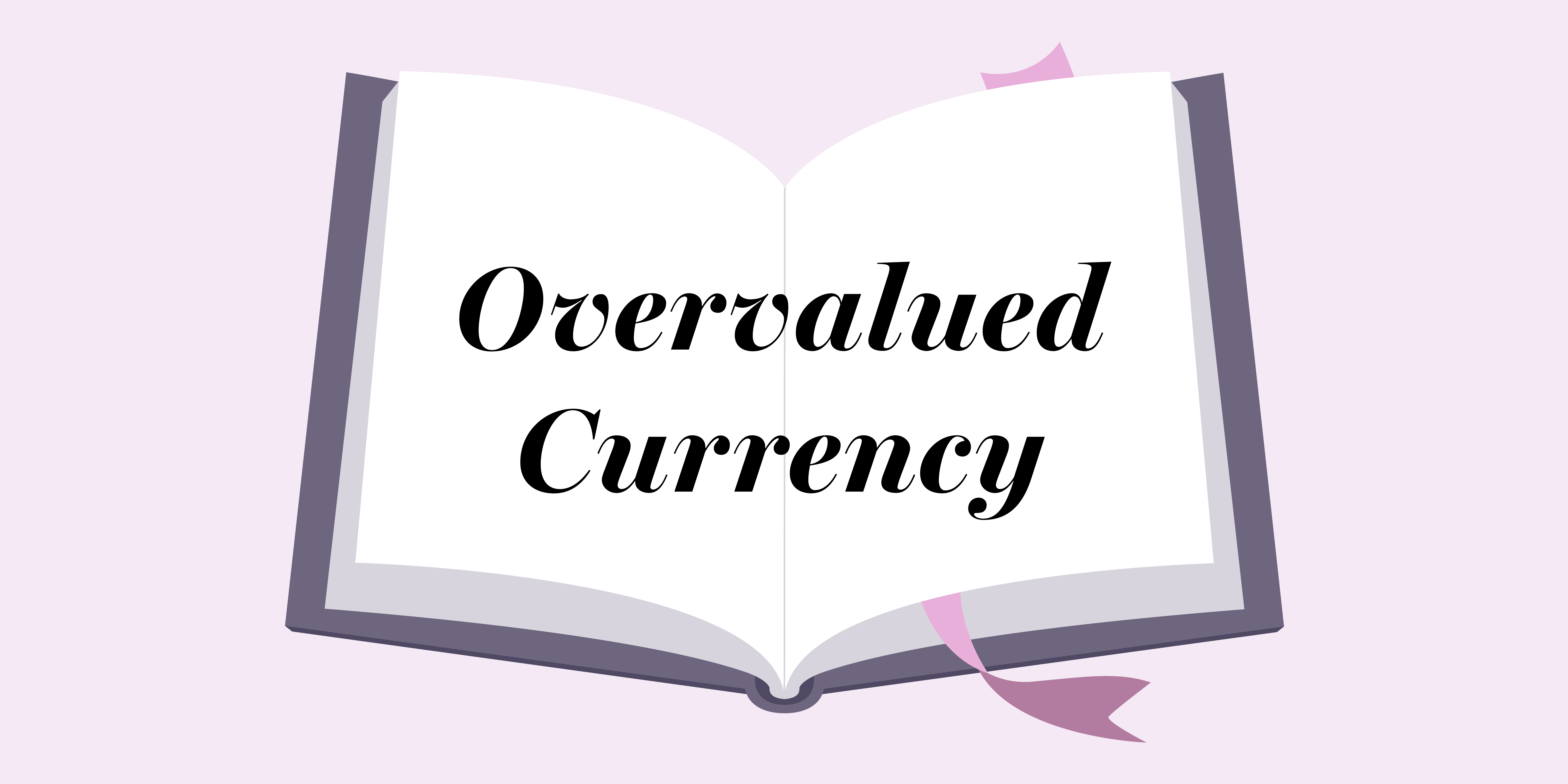A currency is said to be undervalued when its value in foreign exchange markets is lower than what it should be, based on economic factors. This results in lower purchasing power compared to other countries. For example, $5 in an undervalued currency would buy fewer goods and services than $5 in a fairly-valued or overvalued currency.
What can cause it
- Monetary policy: Central banks can influence currency value through monetary policy. For example, lowering interest rates can make a country’s assets less attractive to investors, weakening its currency.
- Government intervention: Governments may deliberately manipulate their currency’s value by buying or selling their own currency in foreign exchange markets to keep it low.
- Economic conditions: Factors like low inflation, slow economic growth, or high unemployment can make a currency less attractive to investors, leading to undervaluation.
- Trade surplus: Countries with a lot of exports compared to imports (trade surplus) might keep their currency undervalued to make their goods cheaper and more competitive internationally.
- Political stability and risk: Political instability or perceived risks in a country can cause investors to move their money out of that country’s currency, leading to depreciation.
Advantages
- Boost exports: An undervalued currency makes a country’s goods and services cheaper for foreign buyers, increasing exports. This can help stimulate economic growth, create jobs, and improve the trade balance.
- Attract foreign investments: Foreign investors might find it attractive to invest in a country with an undervalued currency because their investments can yield higher returns when converted back to stronger currencies.
- Increased tourism revenues: A lower currency can attract more foreign tourists as the destination becomes more affordable, thereby boosting tourism revenues and related industries.
Disadvantages
- Inflationary pressure: Imported goods become more expensive, which can lead to higher overall prices (inflation) in the country with the undervalued currency.
- Dependency on exports: Relying too much on exports due to an undervalued currency can make a country’s economy vulnerable to global market changes.
- Currency instability and speculation: Undervalued currencies can attract speculative investments, leading to instability and sudden changes in currency value.
How to tell if a currency is undervalued
One of the ways to check if a currency might be undervalued is by using the “Big Mac Index,” created by The Economist. This index is designed to show whether a currency might be overvalued or undervalued compared to the U.S. dollar. It does this by comparing the price of a Big Mac in different countries. If a Big Mac is more expensive in Country A than in the United States, the local currency of Country A could be overvalued. If it’s cheaper, then the currency may be considered undervalued.




